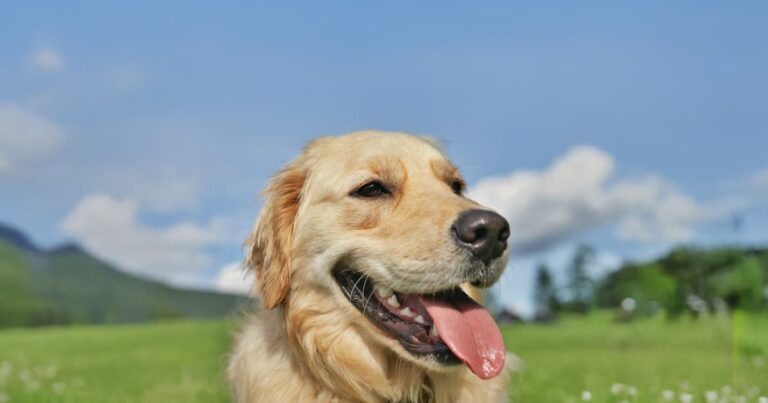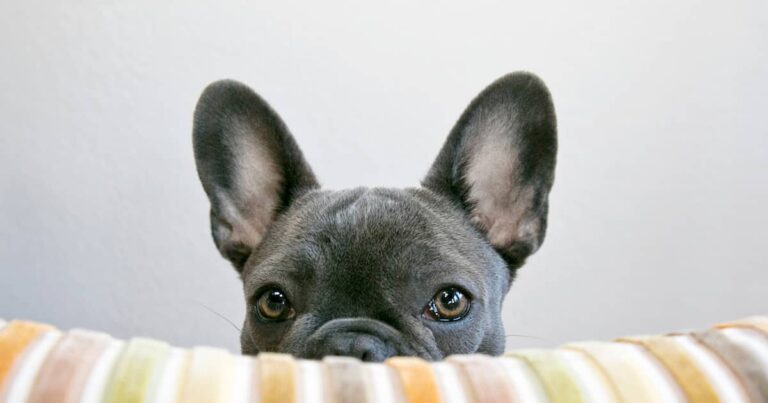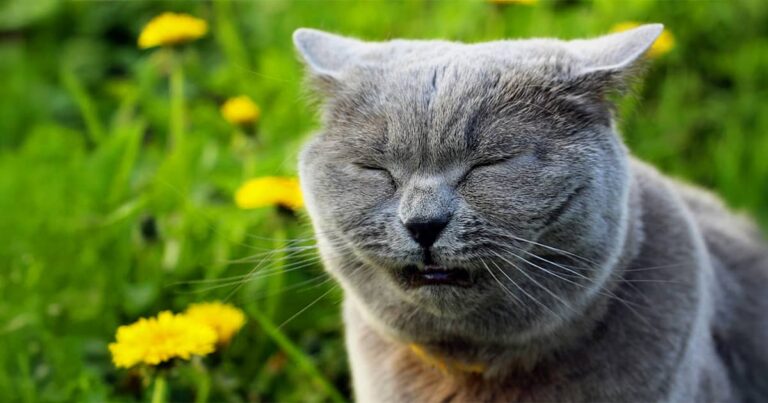Aging isn’t a disease — so it’s said — but advancing age in both people and pets is often associated with chronic health conditions. If you have a “mature” cat, you may already know about some of those issues, including how challenging it can be to ensure your older kitty receives optimum nutrition. Since nutrition can be a powerful tool to help maintain your mature cat’s health and to help manage some age-related diseases, we’ll take a closer look at the best diet for senior cats.
Defining “senior” and “geriatric” cats when determining a senior cat diet
Cats live much longer now compared to 20 years ago as a result of better nutrition, increased veterinary care and an indoor lifestyle. While today’s indoor kitties live an average of 14 years, many live into their late teens and early 20s with few age-related health problems.
According to the American Association of Feline Practitioners (AAFP), older cats can be put into one of three groups:
- Middle-aged or mature: 7 to 10 years
- Senior: 11 to 14 years
- Geriatric: 15 years and older
Just as with kittens (and older people), mature cats need more attention and care from their owners and veterinarians.
How aging may affect older cats’ need for a senior cat diet
Like people, some cats appear to age faster than others and can experience considerable physical changes that affect their nutritional needs. You can help maintain your older cat’s health and weight if you’re aware of the age-related changes that may occur, consider your kitty’s age and adjust their diet as needed. Sometimes, a senior cat diet is warranted. But not always.
Energy needs, activity and weight may change with advancing age
Aging is usually associated with lower energy needs and the tendency to gain fat and lose muscle. However, it really depends on the cat’s age. Middle-age cats may need to watch their waistlines, while senior and geriatric cats may have a hard time keeping weight on.
Many cats start putting on weight about the time they reach 7 years old due to slowing metabolism, sedentary lifestyle and calorie-dense foods. To keep your kitty from becoming overweight or obese, you may need to gradually switch them to a controlled-calorie food such as Diamond CARE Weight Management Formula for Adult Cats. The higher protein and lower calorie content of a weight management formula can help cats maintain — or lose — weight while still meeting all of their nutrient needs.
Around 11 to 12 years old, however, some cats start losing weight and actually may require more calories to maintain an ideal body condition. Several causes may be responsible for this weight loss:
- Decreased senses of smell and taste
- Reduced ability to digest protein and/or fat
- One or more underlying diseases
Chronic health issues are more common in older cats and may dictate a senior cat diet
Nutrient requirements for healthy older cats are similar to those of younger adult cats. However, older cats with chronic health concerns — such as chronic kidney disease, diabetes, heart disease or hyperthyroidism (overactive thyroid disease) — often benefit from diets designed specifically for their needs. In fact, changes to the diet can be an important part of disease management in these older cats. And, depending on the issue, a therapeutic diet — not just a “senior” diet — may be what the doctor orders.
RELATED POST: What is hyperthyroidism in cats and should I worry?
RELATED POST: Kidney disease in cats: Is your cat among the one in three who will get it?
Change in appetite is a common sign associated with several health concerns, including those just mentioned, so it’s very important to monitor your older cat’s eating habits. While many cat owners watch for appetite loss, a hearty appetite can also signal a potential problem like hyperthyroidism or diabetes. If your older kitty has a good appetite but is losing weight, please have your feline friend evaluated by your veterinarian.
Ability to digest protein and fat may decline in some mature cats
Weight and muscle loss in older cats may occur as a result of a decreased ability to digest protein and/or fat. In the few nutrition studies that have been conducted with older cats, about one-third of cats over the age of 12 had a decreased ability to digest fat and about 20 percent had a reduced ability to digest protein. Essentially, lower digestibility can mean mature kitties don’t get their nutritional needs met, and as a result, their bodies draw from muscle and fat tissues causing weight and muscle loss. These older cats may benefit from a highly digestible, nutrient- and calorie-dense diet containing high-quality protein.
Should you feed a senior diet to your older kitty?
Most healthy older cats can be fed a normal adult cat maintenance food or a senior cat food. Especially if your senior kitty is healthy, has good body condition (isn’t too fat or too thin) and eats a good quality, nutritionally balanced food, there’s no reason to change foods. However, diets formulated specifically for older cats often have increased digestibility to offset decreased nutrient digestibility and absorption, increased antioxidants (vitamins E and C) to help support an aging immune system, and increased palatability to appeal to older cats’ decreased senses of taste and smell.
The bottom line is that there’s no hard-and-fast rule about switching your mature cat to a food specifically designed for older kitties. Your veterinarian is the best person to talk with about your older cat’s specific dietary needs and can help you determine if and when a change to a senior food is in your kitty’s best interests.








